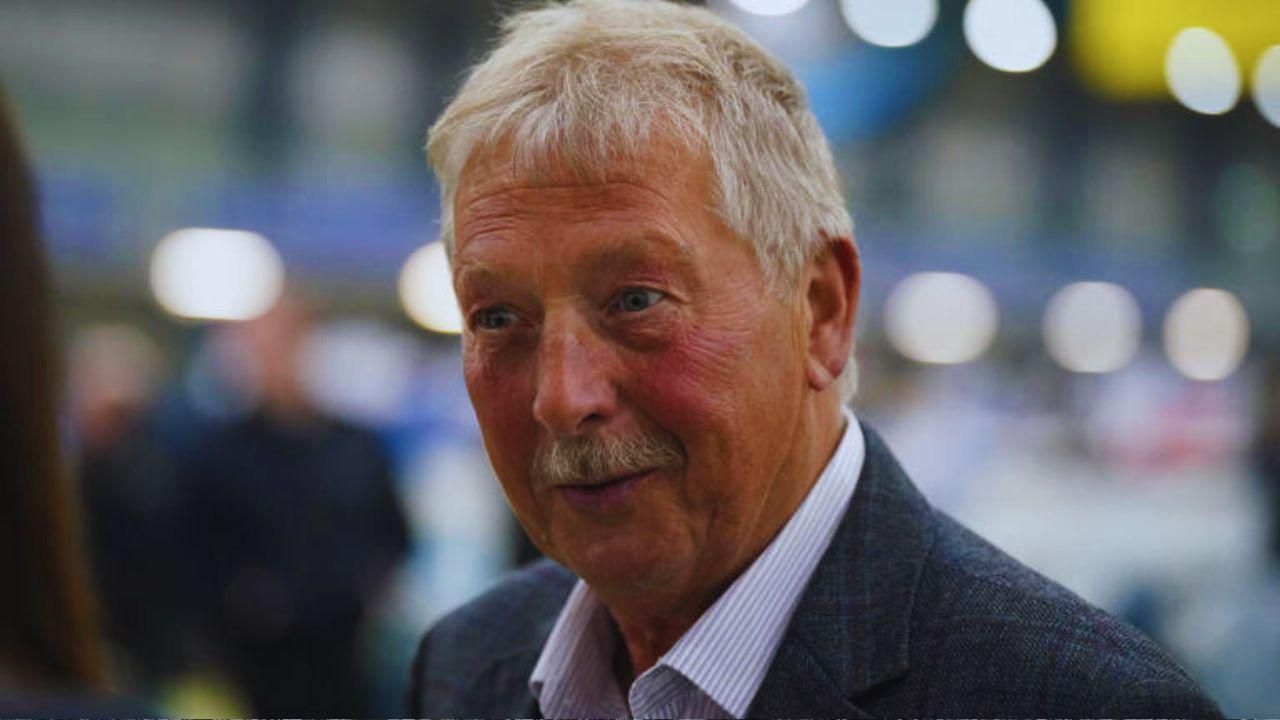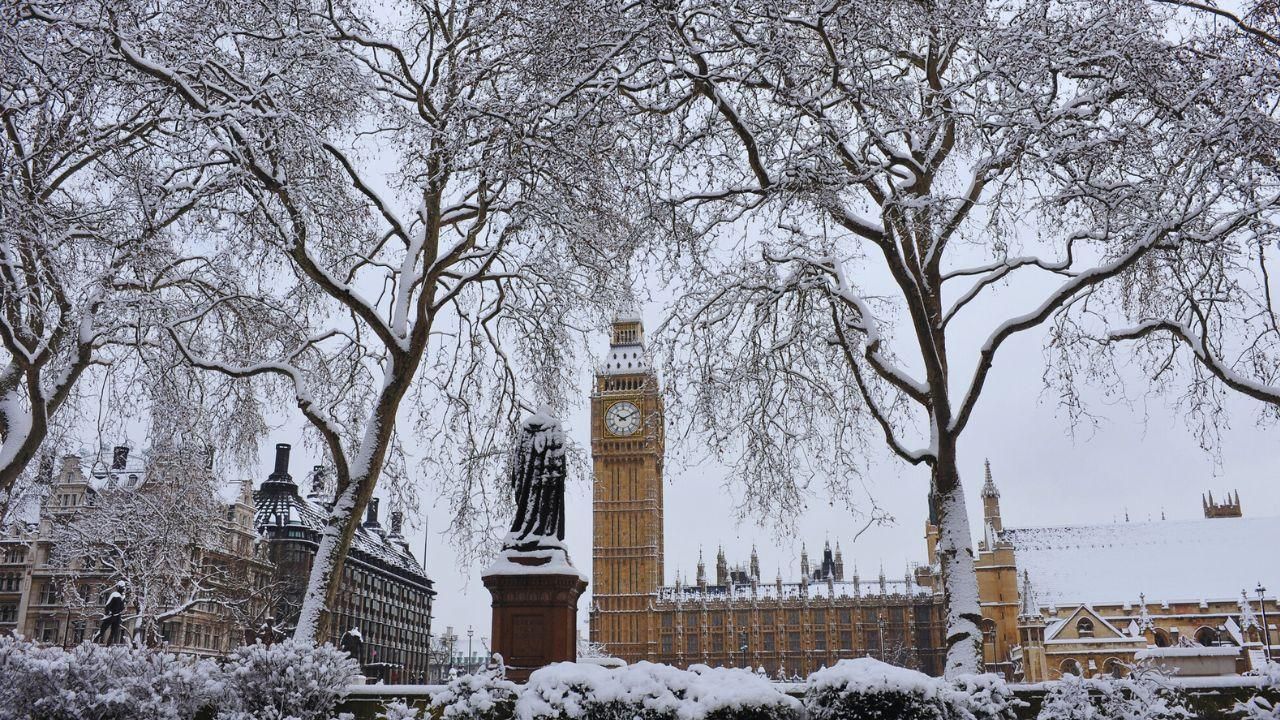This week, Sir Keir Starmer will "sideline" his headline promise to make the UK the G7's fastest-growing economy by announcing new goals to increase the wealth of the British people.
The US economy is expanding twice as fast as the UK, and a tax-hiking budget is decreasing medium-term projections, putting the prime minister's pre-election pledge in jeopardy.
Several economic goals to raise living standards by the next general election will be unveiled by Sir Keir this week as part of a new "Plan for Change."
The new approach comes amid nervousness among some Labour figures that becoming the fastest growing G7 economy is difficult to guarantee and beyond No 10’s control.
The Conservatives on Sunday night accused Sir Keir of “sidelining” the G7 pledge following his Budget, which raised taxes by £40 billion, including a National Insurance hike, angering business leaders.
A Tory spokesman said: “Keir Starmer sidelining his pledge to have the fastest growth in the G7 is the direct and inevitable consequence of his disastrous Budget of broken promises.
“Labour said they wanted a mission-led government, but after five disastrous months in Government and 17 relaunches they cannot even decide what those missions are.
“Keir Starmer said he wanted to build trust in politics but by sidelining his key election pledge he is breaching that very trust.”
But Labour insiders rejected suggestions the G7 target was being deprioritised, noting it was being kept and insisting the new promises were about making sure the public felt the “benefits of growth”.
The new living standards ambition is among a series of “milestone” promises that Sir Keir will announce on Thursday, which include increasing the number of young children deemed “ready” to start school from 60 to 75 per cent and promising people will not wait longer than 18 weeks for routine NHS treatment.
However, he has come under fire for failing to make tackling immigration one of the key missions, despite net migration hitting a record high last year.
Pat McFadden, the Chancellor of the Duchy of Lancaster who is overseeing the plan, denied on Sunday that Sir Keir’s speech and new targets amounted to a “relaunch”.
But it comes after 150 days in office that have seen the ousting of Sue Gray as Downing Street chief of staff, the resignation of Louise Haigh as transport secretary over a secret fraud conviction, and the plummeting personal approval rating for Sir Keir.
The Prime Minister is framing the Plan for Change as “the most ambitious yet honest delivery plan in a generation”.
He said this weekend: “That means doing things a different way, and launching new, measurable milestones so the public can track our progress.”
The new targets will build on the five “missions” Labour pledged before the general election in July.
They were boosting economic growth, creating a “zero-carbon” electricity system by 2030, making the NHS “fit for the future”, making Britain’s streets safe, and breaking down barriers to opportunity.
A sixth focus, tackling illegal immigration, was made an additional priority before the election.
Mr McFadden insisted on Sunday that a cap on net migration was not needed, despite the Tories promising one if they return to government. This weekend, the number of migrants arriving in the UK on small boats under Sir Keir hit 20,000.
The economic mission promised that the UK would “secure the highest sustained growth in the G7” – meaning higher than the US, Canada, France, Germany, Italy and Japan.
While the exact definition and timeframe for hitting the target has never been detailed, current economic growth rates suggest it is anything but guaranteed.
The latest estimate from the Office for Budget Responsibility (OBR), the Government’s independent economic forecaster, is that UK growth will be 1.1 per cent in 2024.
US growth is estimated to be around 2.8 per cent in 2024. Donald Trump’s election victory and tax-slashing economic agenda has led some to predict higher growth in the years ahead – though much will depend on how vigorously he pursues tariffs and a trade war.
The International Monetary Fund (IMF) has also estimated that both the American and Canadian economies will grow faster than the UK in the years ahead.
The OBR predicted the injection of public spending at the Budget in October will temporarily boost growth, but then lead to lower-than-expected growth later this decade as tax rises kick in.
The Telegraph understands that real household disposable income, or GDP per capita, are being considered as the metrics for the new living standards targets.
Any measure of “real” disposable income could see Sir Keir effectively benefit from inflation returning to more normal levels, after the steep price rises seen under Rishi Sunak.
Household incomes suffer when inflation rises because their money – in real terms – is worth less as prices increase.
During the cost of living crisis, when inflation soared to a 41-year high of 11.1 per cent in October 2022, average household incomes fell by 0.5 per cent, according to the Institute for Fiscal Studies (IFS).
This meant that annual income growth for middle and higher-income earners in the last parliament (up until 2022-23) was the worst since records began in 1961.
This was because prices were rising faster than people’s wages. However, since then, inflation has cooled to 2.3 per cent in October, meaning prices are rising by less than wages – which rose by 4.3 per cent in September – meaning household incomes are rising again.
Downing Street, the Treasury and the Cabinet Office have declined to provide details of the new target ahead of the plan’s publication on Thursday.
Sarah Olney, the Liberal Democrat Cabinet Office spokesman, said: “The Government’s targets will be utterly meaningless unless they reverse the disastrous mistakes made so far.
“Scrapping the winter fuel payment will force vulnerable pensioners to choose between heating and eating and their family farm tax risks a lost generation of farmers.”
A Labour source close to the plans noted that the G7 target is being kept and said the new metrics are about “making sure that people feel benefits of growth”.


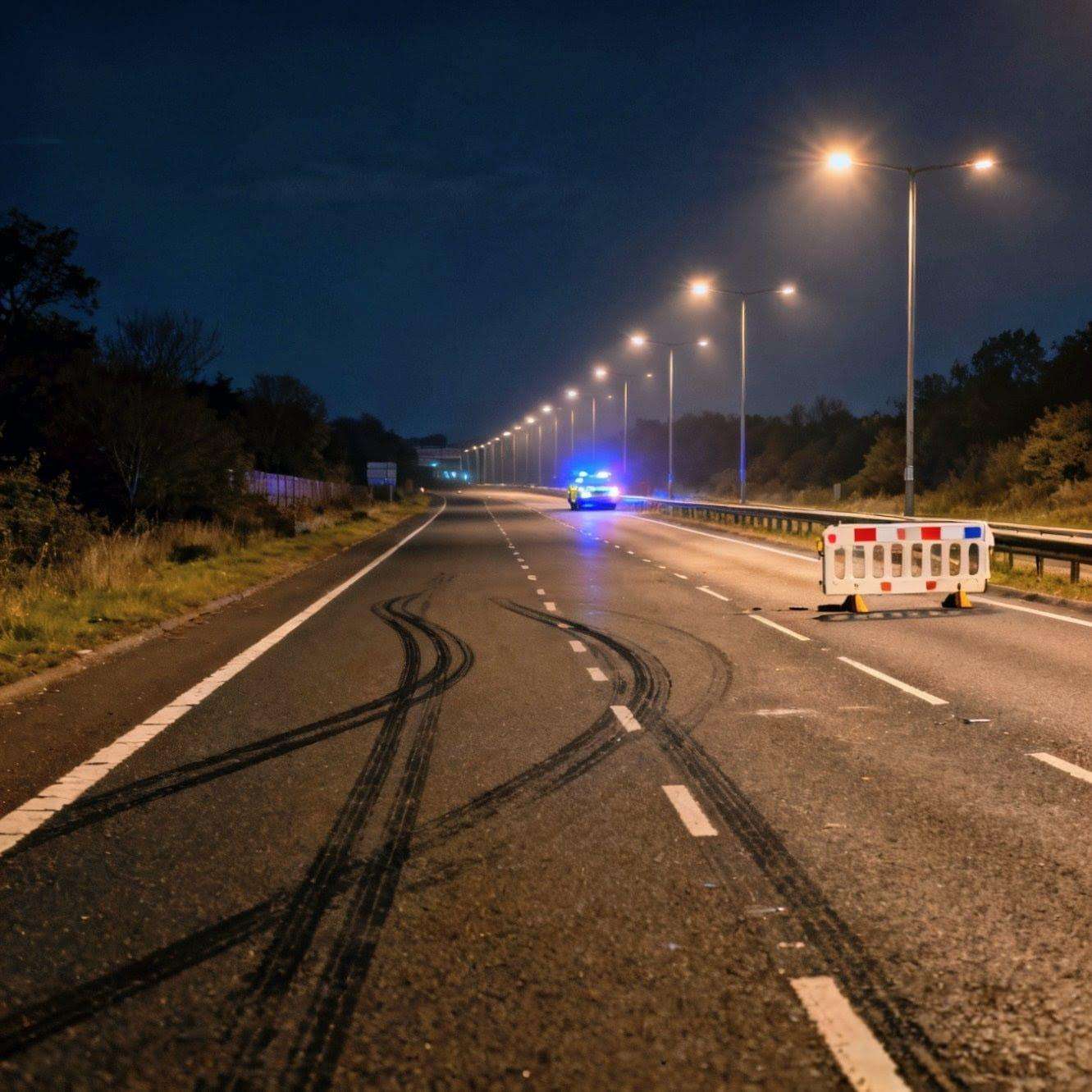
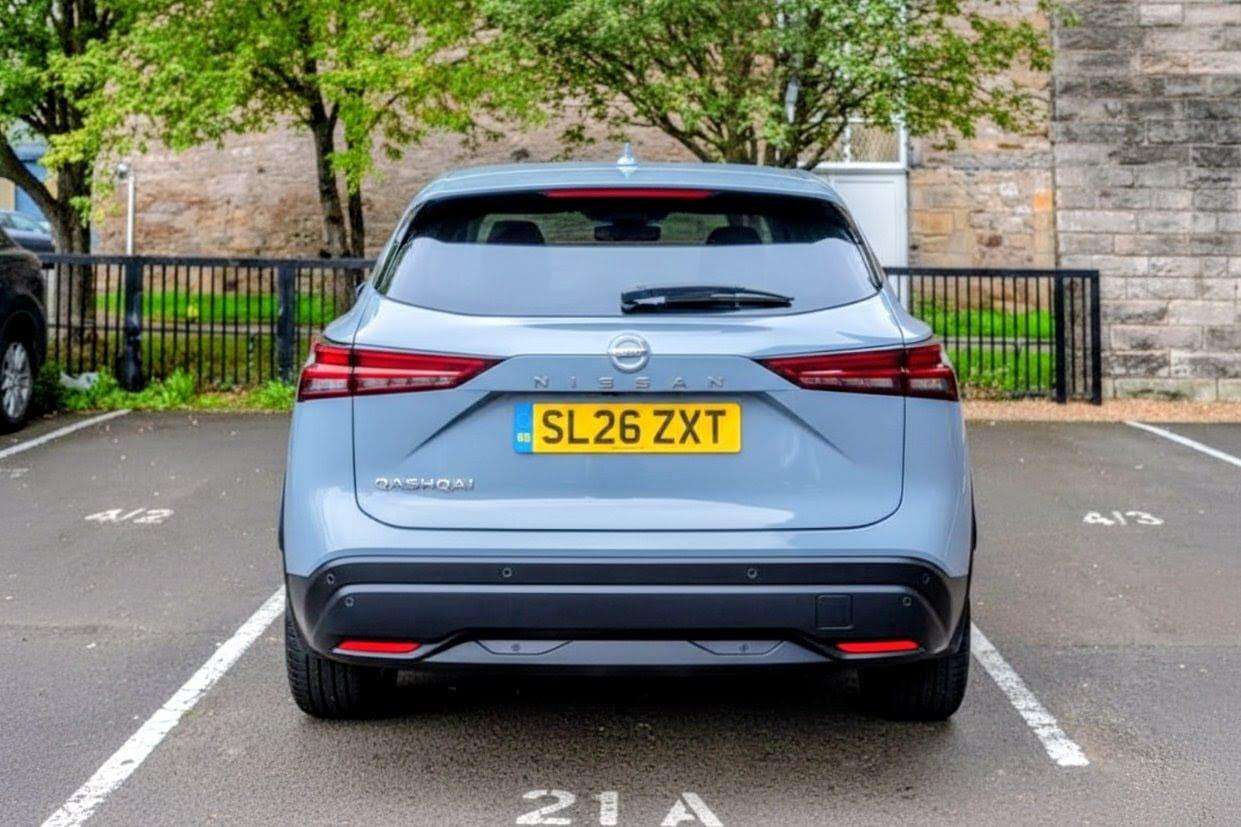
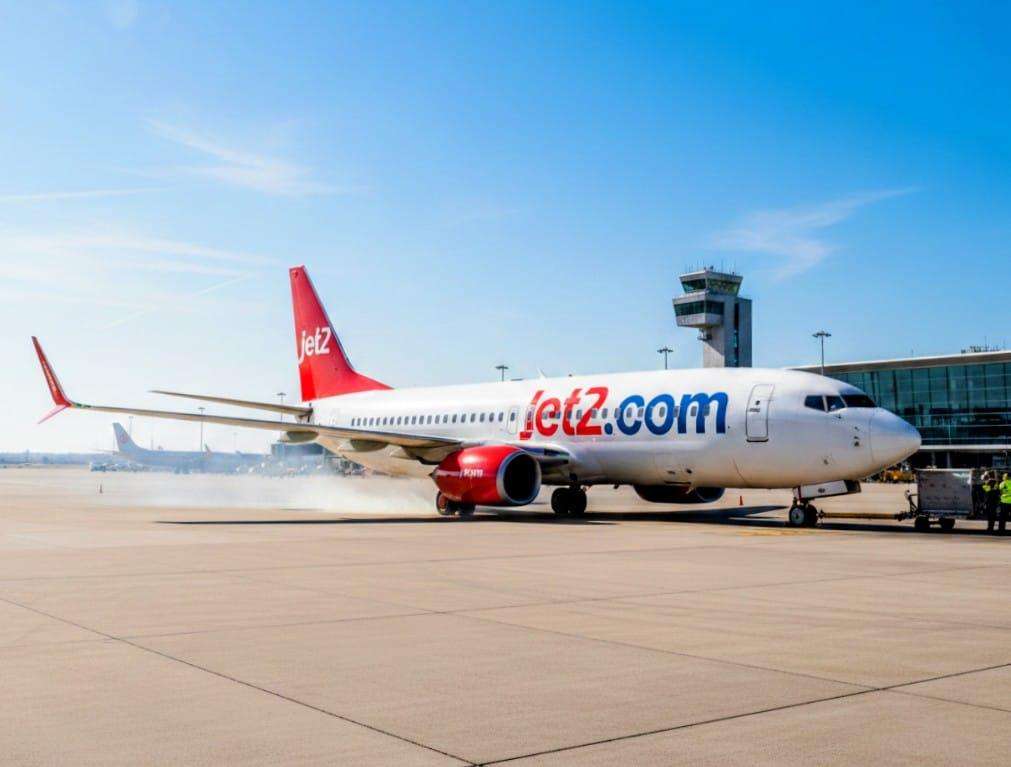


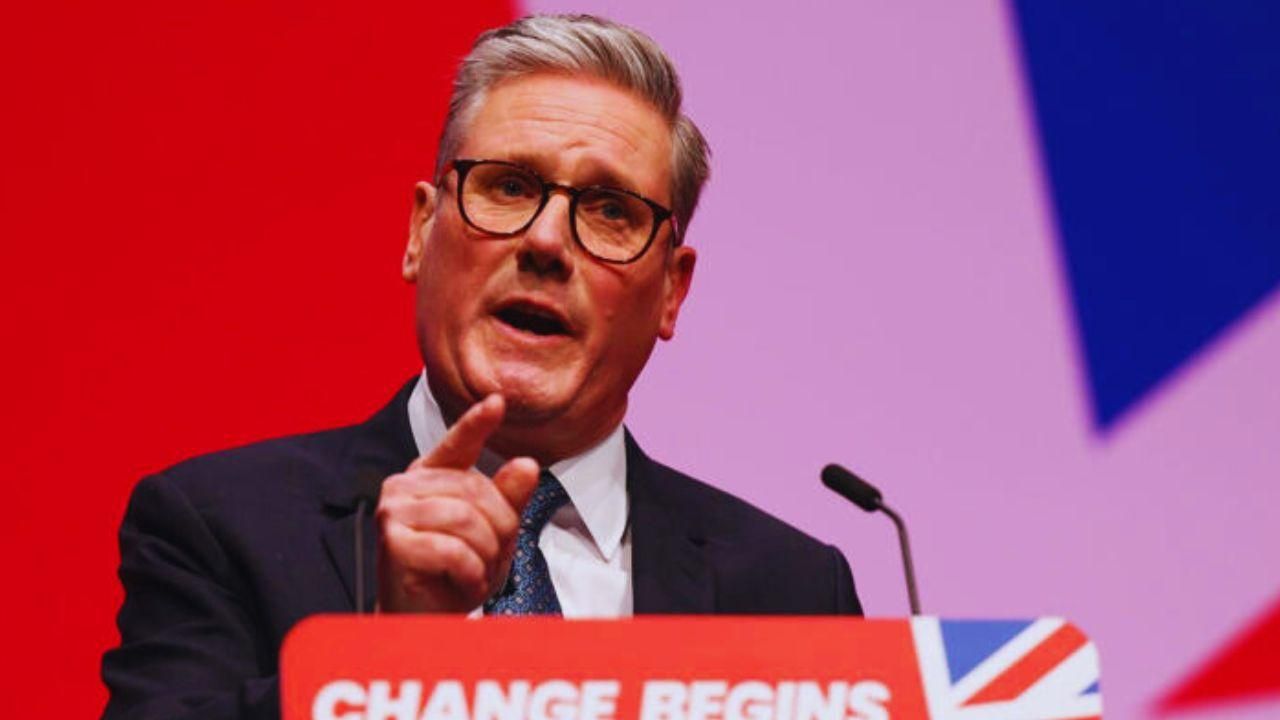
.svg)


